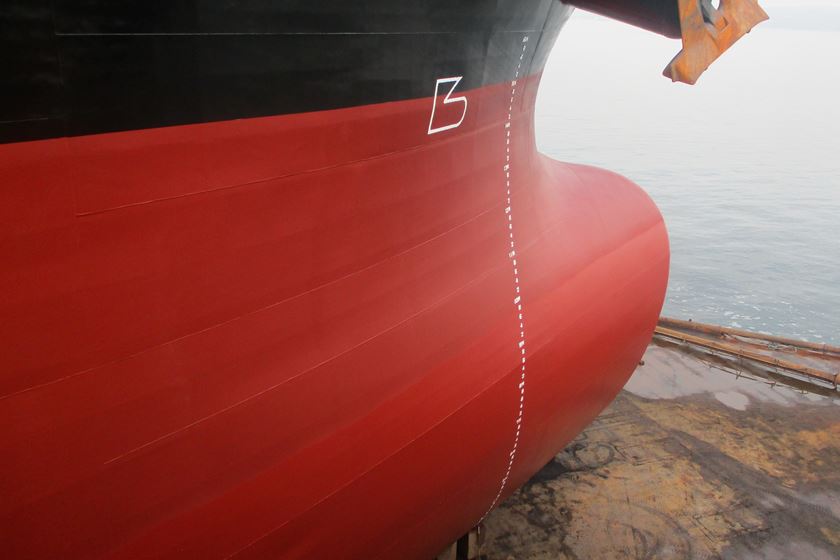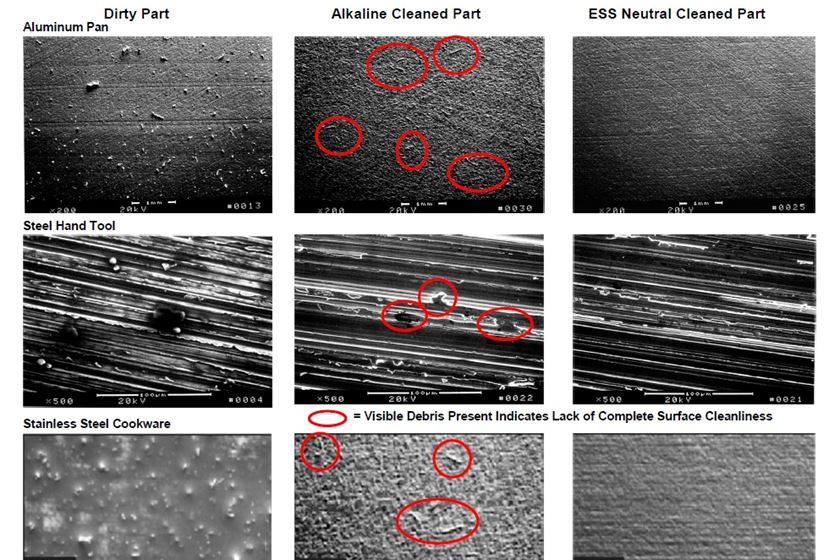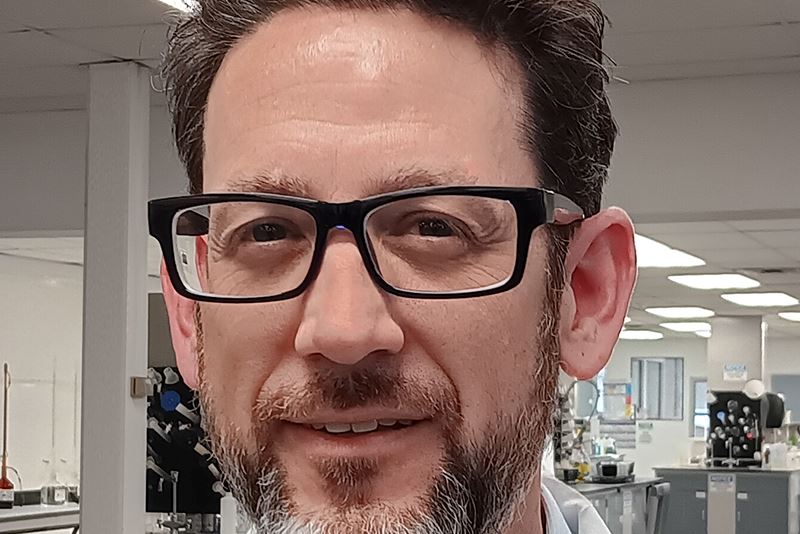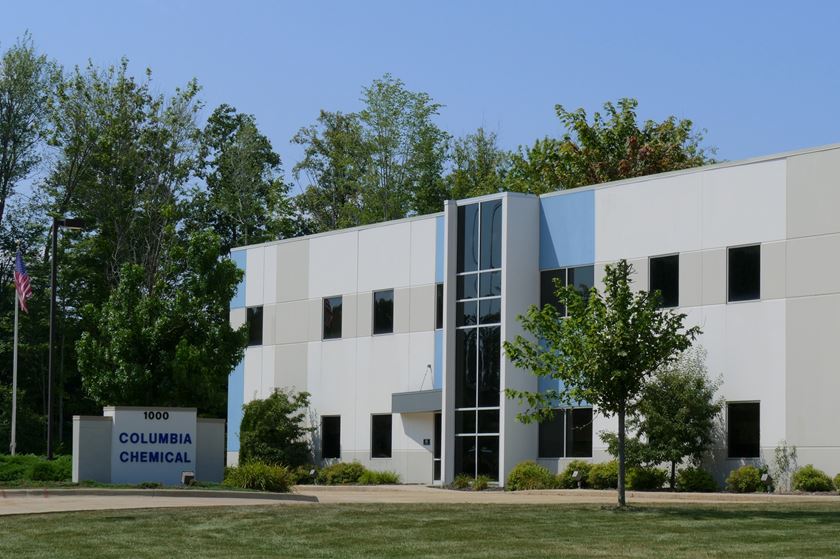Nadcap Discusses Efficacy of Pneumatic Needle Peening for Repair of Aerospace Parts
Supplier accreditation in this emerging technology is now attainable as part of the Nadcap process.
Edited by Scott Francis
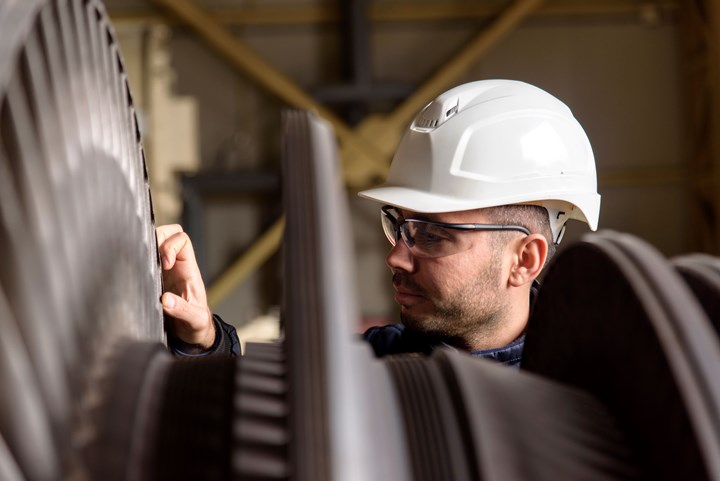
Nadcap, the Performance Review Institute (PRI) program for supplier accreditation in the Aerospace industry, has announced the release of a new whitepaper on Pneumatic Needle Peening, an emerging and promising technology for the repair of aerospace parts and other applications.
Peening is the process of deliberately deforming the surface of a metal by means of hammering or impacting with the purpose of improvement of the material properties of the metal being treated.
Pneumatic needle peening is a new technology that uses air pressure to manipulate extremely hard, small carbide needles to vibrate and cause the formation of a surface layer in the metal being treated. This counteracts tensile stress and can prevent crack formation and early part failure.
PRI’s whitepaper discusses the benefits of pneumatic needle peening for the repair or treatment of small aerospace parts that may already be installed in a vehicle. It goes on to list the benefits of pneumatic needle peening, which include low risk of foreign object damage (FOD), significant improvement in surface roughness over conventional peening, improved fatigue life for treated parts, continuous monitoring and control of process, as well as the portability of the process.
Nadcap is incorporating pneumatic needle peening into its Nonconventional Machining and Surface Enhancement Task Group and plans to offer accreditation for the process.
PRI’s whitepaper on the topic is available for download at p-r-i.org/resources.
RELATED CONTENT
-
What’s in a Burr?
An unclear definition has led to an industry standard for classifying burrs.
-
Polishing vs. Buffing: What's the Difference?
Is polishing the same as buffing? Mechanical finishing expert, Pat Wenino, explains the differences between the two processes.
-
Drivers of Change
Is your metal finishing software ready for an upgrade?












